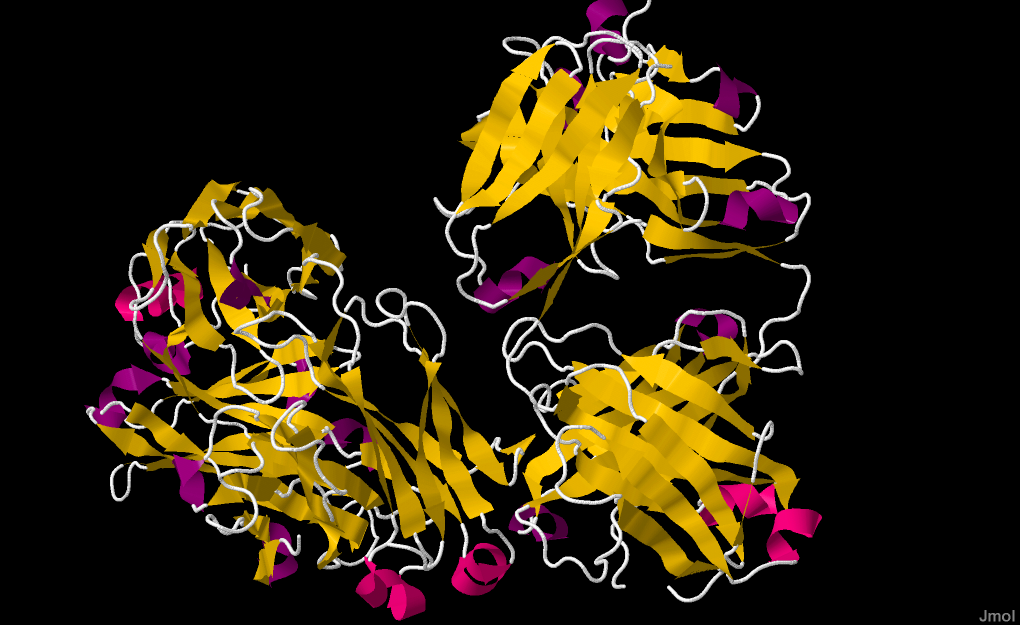Association of Rituximab Use With Adverse Events
February 24, 2021

A study done at Texas Children’s Hospital looked at the use of Rituximab for young people and its short- or long-term adverse events, infections, or recovery time of B lymphocyte subset counts and immunoglobulin levels. The study led by Dr. McAtee involved patients younger than 21 years receiving Rituximab for more than 25 indications, including autoimmune encephalitis. This study’s objective was to investigate issues relevant to the pediatrician caring for patients following Rituximab courses.
Rituximab is cell-targeted antibody infusion that labels B cells to be removed and destroyed by the immune system, preventing them from becoming antibody-producing cells and stimulating other immune cells. B lymphocyte numbers typically recover within 6 to 12 months, but few studies have described long-term immune reconstitution in children following Rituximab treatment.
In this study, infections were most common in the first six months following rituximab use, and incidence trended downward as immune recovery occurred during two years. Severe infections were particularly high immediately after a dose, highlighting this period as one requiring mitigating strategies.
B cell counts in young people evaluated in the present study usually recovered within a year, but recovery was often delayed. Approximately half of the patients assessed beyond a year had low-for-age B cell counts, suggesting that their prolonged suppression is common in children. Hypogammaglobulinemia (low Ig levels) was typical throughout the first year following rituximab use.
Finally, memory B cell numbers were especially slow to recover (on average, 15.7 months). Memory B cells are required for adequate vaccine response. Based on these data and the highly variable, prolonged time to recover memory B cell numbers in children, it may be necessary for doctors to either document the return of these cells before vaccination or confirm adequate vaccine antibody titers following routine childhood vaccination.
The overall conclusion is that Rituximab is well tolerated in children, but infections after its use are common. Strategies to reduce infections following rituximab use should be studied prospectively, particularly the use of IVIG. Finally, the prolonged recovery of memory B cell numbers following rituximab use should be considered because it is associated with routine childhood vaccinations.
Read the full article here.